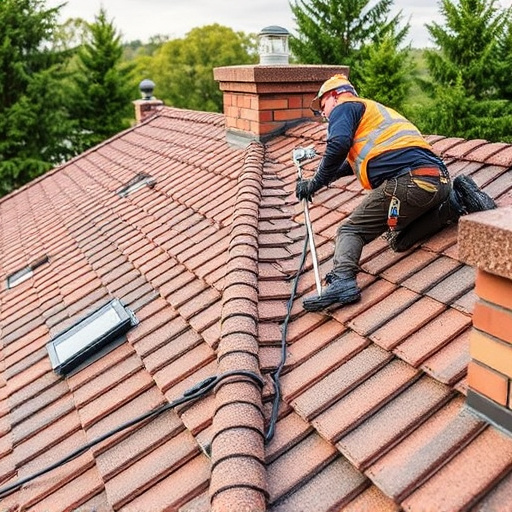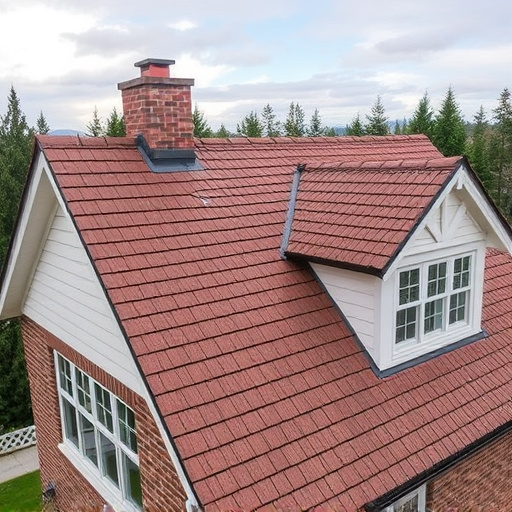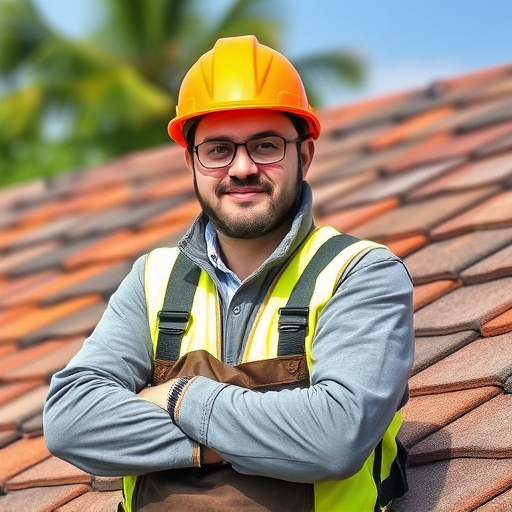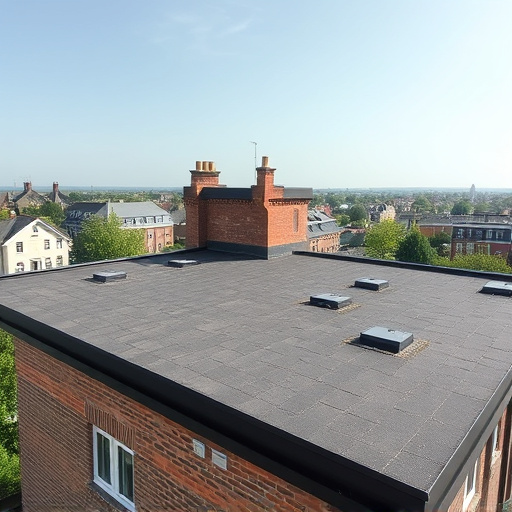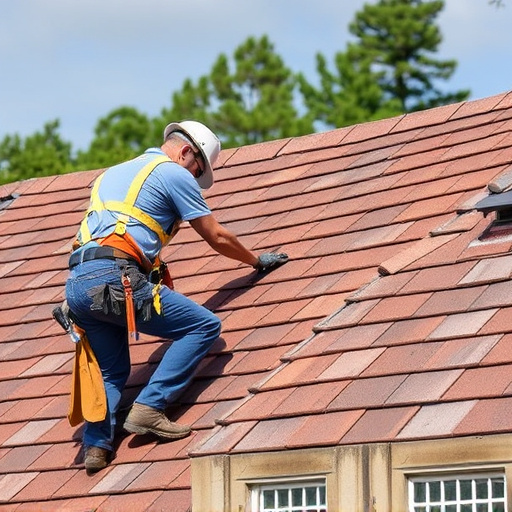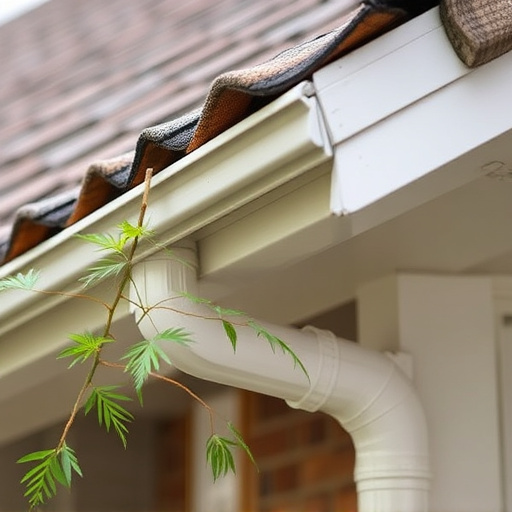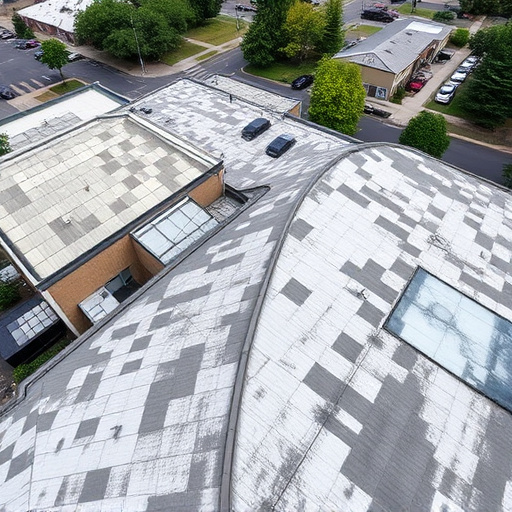Roof contractors play a vital role in maintaining safety and local building codes during installations, ensuring structural integrity. They stay updated with region-specific zoning laws, consider climate factors, and employ rigorous protocols, advanced tools, and inspections to guarantee code compliance and system longevity. Their meticulous quality control, including material verification and technique execution, minimizes risks and provides long-lasting roofing solutions for homeowners.
Roof installations require meticulous attention and adherence to local building codes to ensure safety, durability, and legality. This article explores how roof contractors navigate this process, balancing technical expertise with regulatory compliance. We delve into understanding local building codes specific to roof installations, safety protocols that mitigate risks for both workers and structures, and quality assurance methods guaranteeing code-compliant workmanship. By adhering to these practices, roof contractors safeguard homes and businesses while maintaining high industry standards.
- Understanding Local Building Codes for Roof Installs
- Safety Protocols for Roof Contractors: Best Practices
- Quality Assurance: Ensuring Code-Compliant Workmanship
Understanding Local Building Codes for Roof Installs
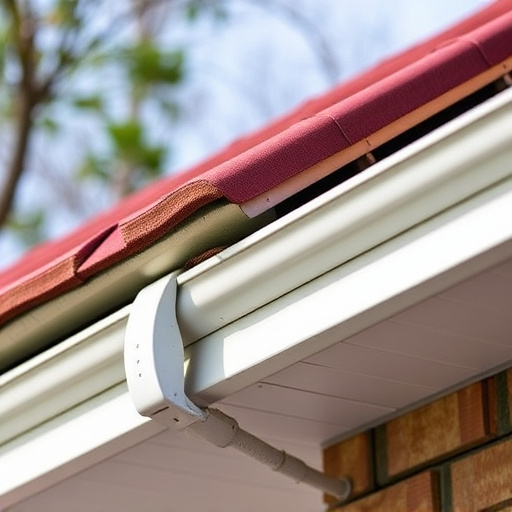
Roof contractors play a vital role in ensuring that every roof installation adheres to local building codes, a crucial aspect of any construction project. Understanding and following these codes is essential for both structural integrity and safety. Every region has its own set of regulations and standards, often referred to as zoning laws or building permits, which dictate the materials, methods, and dimensions allowed in roofing projects. These guidelines are designed to protect residents and ensure that buildings meet minimum safety requirements.
A professional roof contractor is well-versed in these local codes, especially regarding aspects like slope considerations, material choices, and ventilation requirements for different climates. For instance, areas prone to heavy snow or wind may have specific rules about the pitch of roofs and the use of professional siding or roof replacement materials that can withstand such conditions. By staying updated with these regulations, contractors ensure that the roofs they install not only meet but exceed safety standards, providing a secure and code-compliant space for homeowners or business owners alike.
Safety Protocols for Roof Contractors: Best Practices
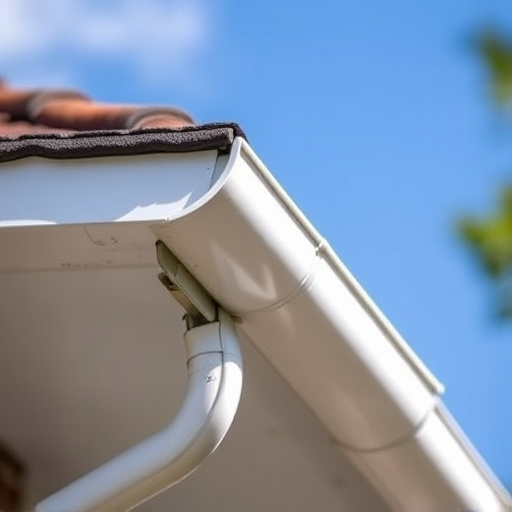
Roof contractors employ rigorous safety protocols to safeguard both their team and the property owners. These best practices include mandatory use of personal protective equipment (PPE) such as hard hats, safety glasses, gloves, and fall arrest systems for heights exceeding six feet. Regular safety meetings and comprehensive training programs ensure that every contractor is up-to-date with industry standards and regulations.
Moreover, roof contractors meticulously plan each project, considering the unique challenges posed by different roofing types, weather conditions, and site accessibility. They utilize advanced tools and techniques to ensure precise measurements, secure installations, and adherence to local building codes. Regular inspections during and after completion of roofing services, along with proper management of siding installation and maintenance of siding and gutters, guarantee not only safety but also the longevity and integrity of the roof system.
Quality Assurance: Ensuring Code-Compliant Workmanship
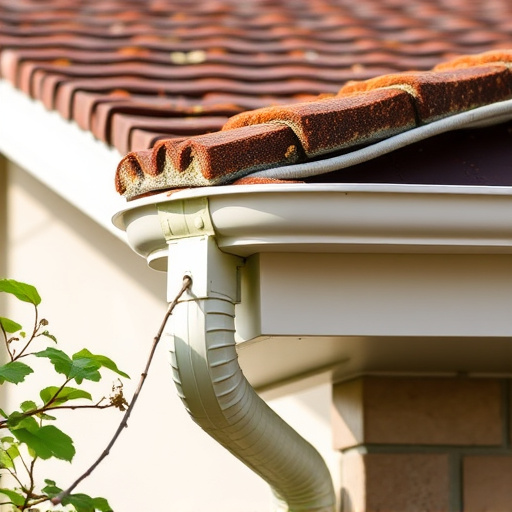
Roof contractors play a vital role in ensuring that every roof installation adheres to safety standards and local building codes. Quality assurance is a key aspect of their work, where they meticulously inspect each component of the roofing and siding system to guarantee compliance with industry regulations. By implementing rigorous quality control measures, these professionals verify that the materials used meet the necessary specifications, and the entire process aligns with established guidelines.
This meticulous approach encompasses everything from proper flashing installation to secure fastening techniques. Roof contractors ensure that all work is executed precisely, minimizing potential risks and ensuring long-lasting roofing solutions. They understand that code-compliant workmanship not only guarantees structural integrity but also provides peace of mind for homeowners, knowing their investment is protected.
When it comes to roofing installations, safety and code compliance are paramount.
Roof contractors play a vital role in ensuring these standards by staying informed about local building codes, adhering to strict safety protocols, and employing quality assurance measures. By doing so, they protect both the structure and the well-being of residents while delivering durable, reliable roofs that withstand the elements. When selecting a roof contractor, prioritize those committed to these best practices for peace of mind.








